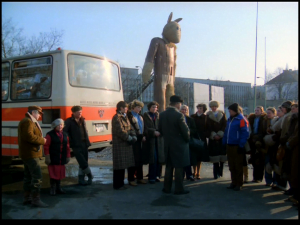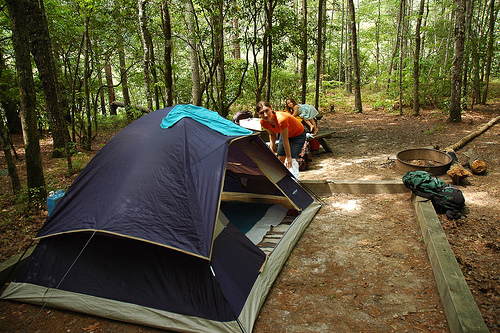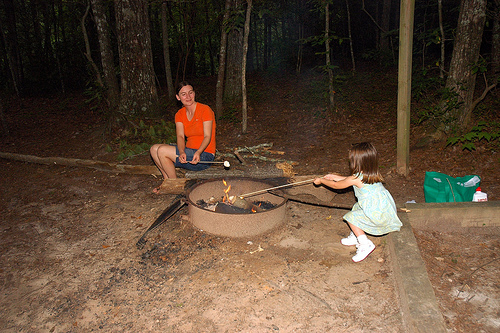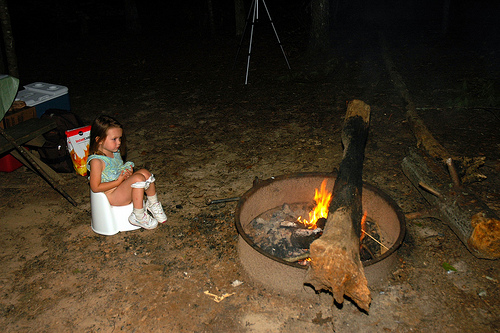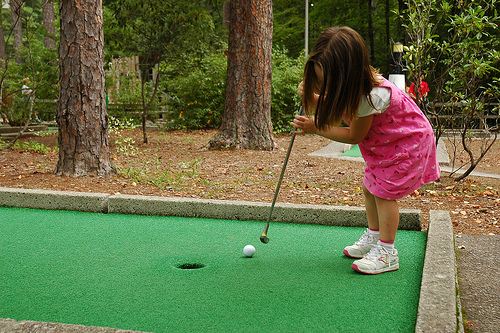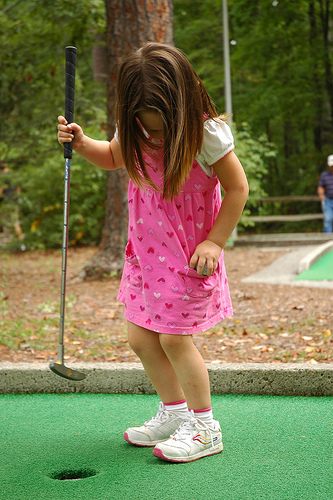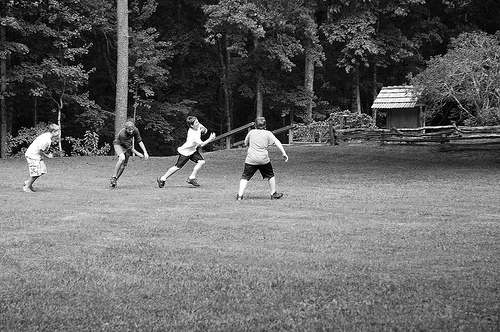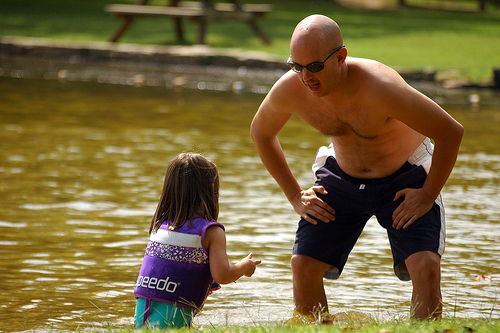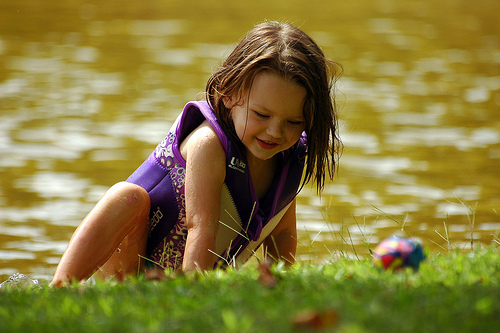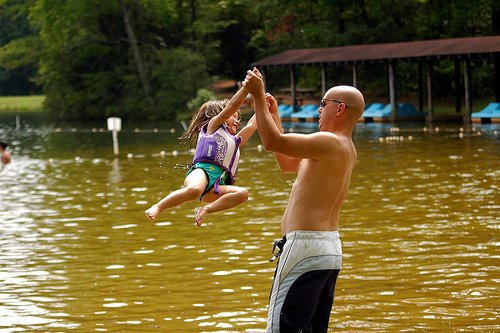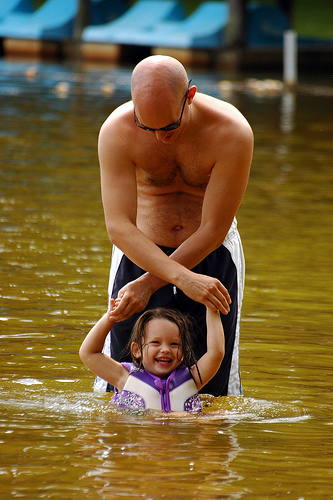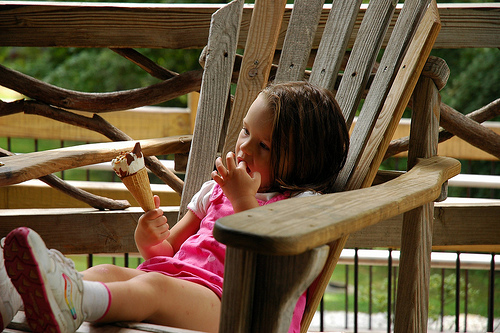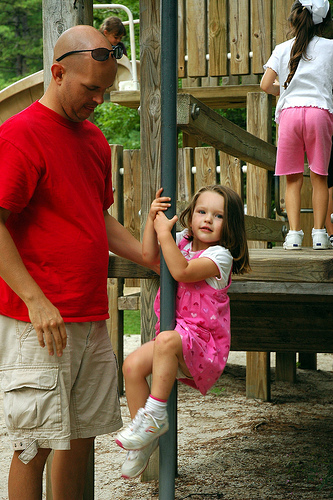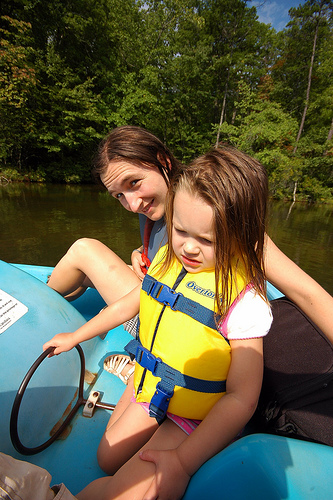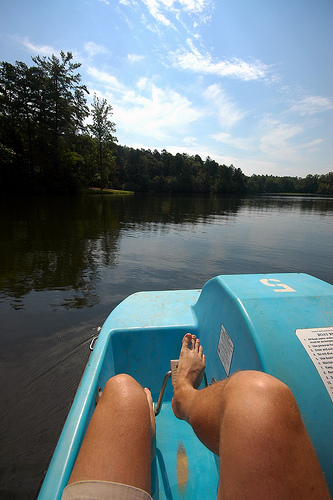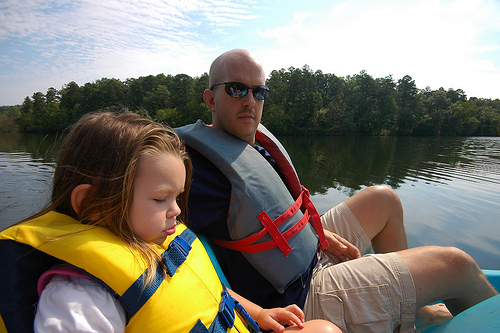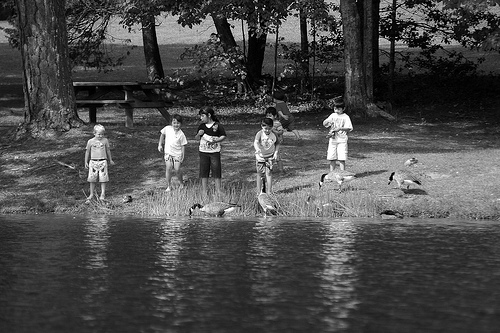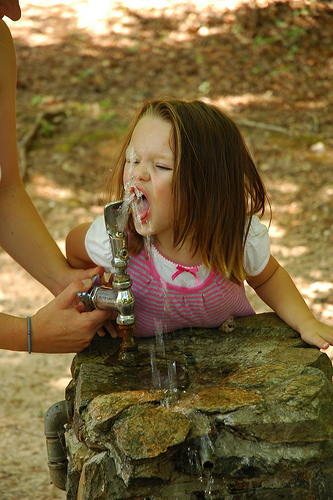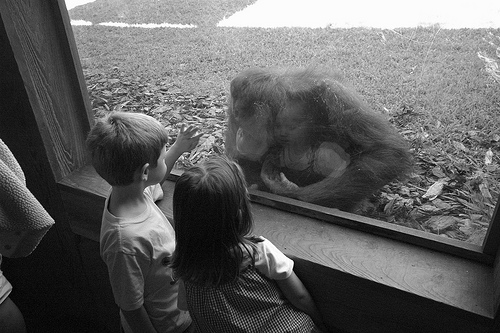Donald Graves, in A Fresh Look at Writing, suggests a deceptively easy pen-and-paper method to gauge one’s familiarity with students. After creating a three-column table for a given class, begin writing students’ names in the left-hand column and including information about interests (especially academic) and not-quite-obvious personality traits in the middle. The third column is to indicate whether that has been specifically confirmed by the student.
Doing it all from memory should show how well a teacher knows his students. It also shows the students a teacher enjoys and worries about most (the first listed) and the students who are not immediately noticeable in the classroom (those listed last and/or forgotten).
I tried it mentally immediately after reading Graves. There is only one excuse for how insufficiency and insignificance of my list: it’s still very early in the year. It looked something like this (names changed, of course):
| Samuel | Enjoys talking with friends; plays The Godfather like a master but has never seen the film | √ |
| Justine | Plays violin; switched piano violin . | √ |
| Andrew | Likes eating hot food | √ |
| Susan | Shy; admittedly tends to think of herself as inferior to many others in her class | √ |
| Janet | Likes dancing |
It continued on like this for another five or six students.
I learned that I still know nothing terribly significant about anyone in that class. I have given myself a mandate: learn more about these students by the month’s end.
Yet how? The opportunities to have a genuine conversation with students are few. Certainly one could simply spend class time talking to some of them, during student conferences and such, but that’s not always the most efficient method, not to mention it being a particularly ineffective use of class time.
A few of the ideas I have begun implementing:
- In the hallway between classes. Because our school uses the team-teaching model, students stay in the same area of the hall throughout most of the day. They have the time to chat with each other, so they have the time to chat with me.
- In lunch lines. There’s always a long line of students waiting to get their lunch. They chat with each other, and it’s a good, non-academic environment for conversation.
- In the hallway, on the way to the library/lunchroom/computer lab/etc. While I require my students to remain silent as we walk along, I break my own rule and chat with one or two of them quietly. Perhaps it’s unfair, but as a colleague tells students, “I earned a college degree to get this privilege.”
- During fire drills. Once we get the students outside and counted, there’s always a few minutes before we’re called back into the building.
The single best way to get to know students, though, is through a journal assignment. I have one class writing a thrice-weekly journal, and I learn more about the students in ten minutes of reading than I could ever learn in 180 days of teaching. This girl runs cross country; that boy enjoys using Google’s Sketch Up; she has a talkative father; he has a talkative mother. I walk into class the next day and see a whole person rather than a 50-minute sliver.

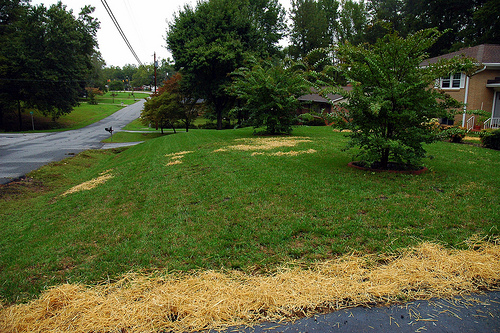

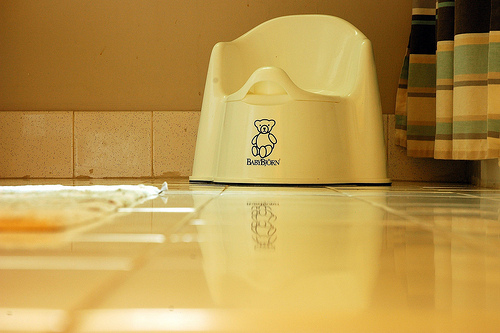
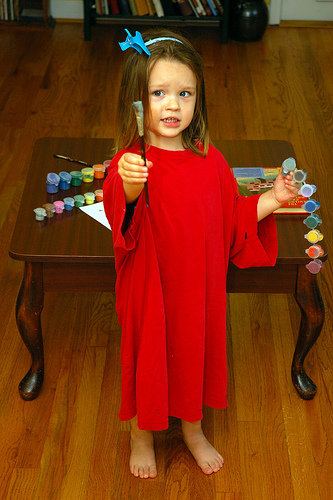


 I try hard in my class to keep my political and religious opinions hidden. When students asked me, “Who’d you vote for,” I simply replied, “That’s not a topic I feel is appropriate for the classroom.” Some students asked why; most seemed satisfied.
I try hard in my class to keep my political and religious opinions hidden. When students asked me, “Who’d you vote for,” I simply replied, “That’s not a topic I feel is appropriate for the classroom.” Some students asked why; most seemed satisfied.

